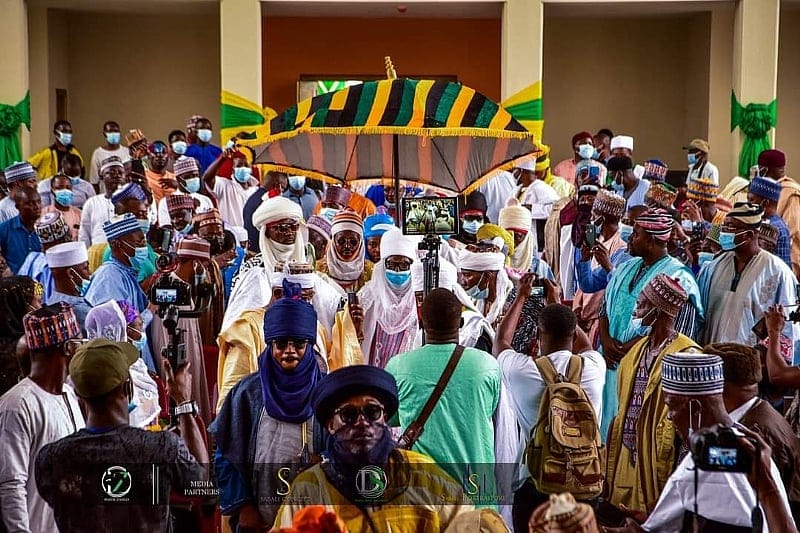Ghana is a tropical country that lies along the coast of West Africa. The Hausa People make up the largest ethnic group in West Africa, and a majority of them are Muslims. The Hausa are originally from an area known as “Hausaland,” a region covering 75,000 square miles and straddling the borders of Niger and Nigeria. They first began to settle in Ghana about 500 years ago. In the fifteenth century, the first Muslim traders from Hausaland arrived and settled in the northeastern section of Ghana.

With the expansion of trade in the eighteenth century and the “holy wars” of Fulani in the nineteenth century, Hausa immigration to Ghana increased. Hausa traders, Muslim priests, and Hausa-speaking slaves helped to spread the Hausa culture in Ghana. Some have wrongly assumed that Boko Haram comes from the Hausa because the term itself is from the Hausa language. But Boko Haram mainly originates from the Kanuri and Fulani tribes, as well as other tribes.
What Are Their Lives Like?
Since the fifteenth century, Hausa traders have imported textile products, leather goods, metal locks, and horse equipment to the area of present-day Ghana. Until the beginning of this century, slaves, kola nuts, coffee, gold, and elephant tusks were the products that the Hausa traded in exchange. With the expansion of trade, Hausa immigration into Ghana increased.
Very few of the Hausa immigrants came to Ghana with wives. Instead, as soon as they began to make a living in any area, they would take local wives and start to build families. However, they would invite Hausa priests to settle near them so that their children would be educated in the Quran. This was done to reduce the influence of the children’s non-Hausa mothers and to preserve the Hausa culture.

Hausa women are given fewer educational opportunities than men and are required to marry at a young age. They are often confined to the home, except for visits to relatives, ceremonies, and work. They are primarily responsible for tending to the children and doing household chores, including providing water and fuel for cooking. Additionally, they are expected to engage in some form of trade in their remaining time. The money they earn is used to finance their daughters’ dowries. The Hausa are known for their industriousness, and idleness is not tolerated among them. They are known to hold multiple occupations simultaneously, including positions in the military, trade and commerce, social services, and the propagation of Islam.

As a result, they have come to exert significant influence in the country, particularly in the areas of religion and commerce. The national dress of the Hausa consists of loose flowing gowns and trousers. The gowns have wide openings on both sides for ventilation, while the trousers are loose at the top and center but tighter around the legs. Leather sandals and turbans are also typical. Today, the wealthy in northern Ghana still wear these gowns and sandals, but more people have begun adopting European-style clothing and tailored garments.
What Are Their Beliefs?
The Hausa of Ghana are predominantly Muslim, which is a significant proportion in a country with a small Islamic population. Both the Qadiriyah brotherhood and the Tijaniyah order have followers among them. However, the religious practices of the Hausa have been influenced by local traditions. For example, they believe in a variety of spirits, both good and bad.
Traditional rituals involve making sacrificial offerings to the spirits and to spirit possession. Most rituals are performed by family members, but specialists are called upon to cure diseases. The Hausa priests, known as malams, are believed to possess powerful charms. According to the malams, different magical formulas have different effects, and they claim to have cures for every aspect of human concern.
Source: Hausawa






































